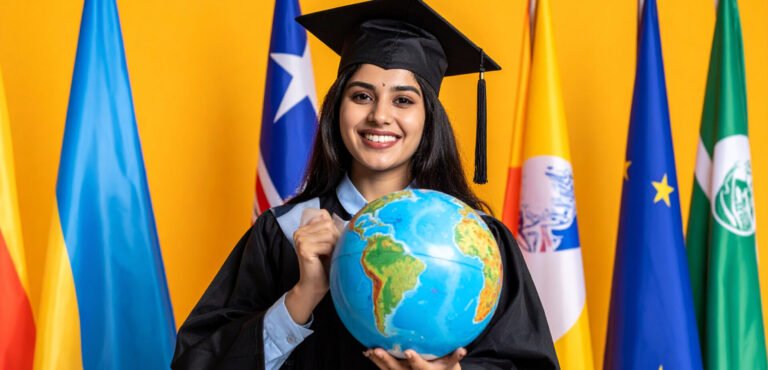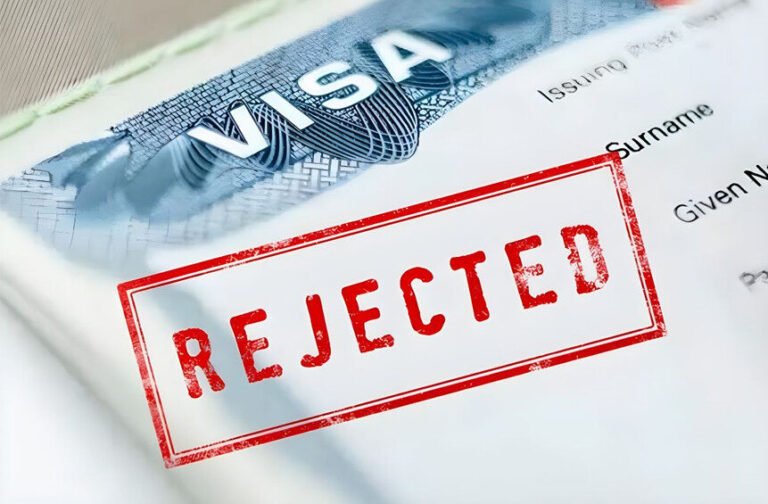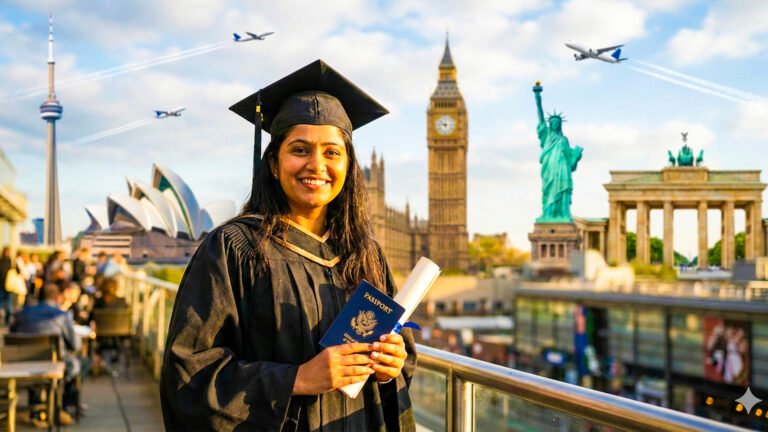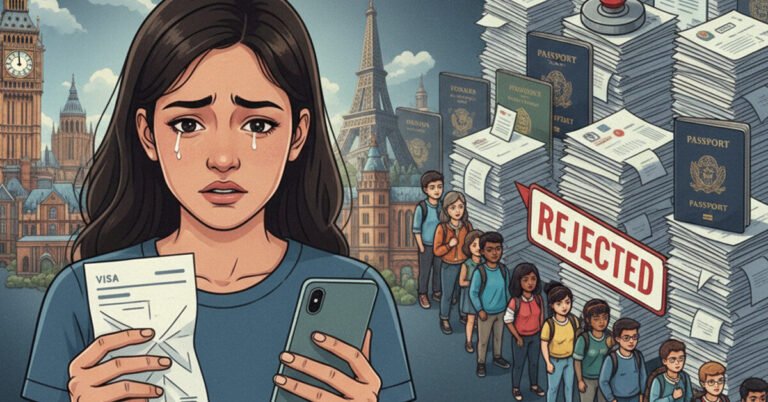Step-by-Step Guide to Securing Your Student Visa
A practical, step-by-step student visa guide from Vibedu to help study abroad applicants prepare strong applications, avoid common mistakes, and travel confidently.
Introduction
Short overview
Securing a student visa is one of the most important steps in your study abroad journey. This student visa guide by Vibedu walks you through each stage — from selecting the right program to arriving in your destination country. Clear steps, required documents, and realistic timelines will reduce stress and increase your chances of a successful application.
Focus Keywords (SEO)
Primary and supporting keywords used in this article for SEO
This article naturally includes high-value focus keywords to help on-page SEO for Vibedu and study abroad audiences. Primary focus keywords included: student visa guide, how to get student visa, student visa checklist, and the full title phrase Step-by-Step Guide to Securing Your Student Visa. Secondary keywords used: visa interview tips, student visa documents, study abroad visa process.
Step 1: Choose Your Program & Check Visa Requirements (student visa guide)
Why program choice affects your visa
Before applying for a visa, confirm your study program and its visa category. Different programs (undergraduate, master’s, PhD, vocational) may have distinct visa requirements. Your acceptance letter must match the program details specified in the visa application. Check the official immigration page of your chosen country for up-to-date rules.
Always use official sources such as government immigration portals and university international student pages to confirm processes. For example, the UK government and Canadian government pages provide clear student visa guidance. (Links below are nofollow.)
Step 2: Prepare Documents & Statement (student visa checklist)
Key documents to gather
Collect official documents early. A strong document set speeds up processing and reduces chances of refusal. Typical documents include:
- Passport (valid for at least six months beyond your planned stay)
- Letter of acceptance/offer from a recognised university
- Completed visa application form
- Passport-size photos meeting specifications
- Statement of Purpose (SOP) or study plan when required
- Academic transcripts and certificates
Use the student visa checklist to tick off items as you prepare. Vibedu recommends scanning and backing up all documents securely.
Step 3: Financial Proof & Scholarships (how to get student visa)
Showing you can support yourself
Most countries require evidence you can finance tuition and living costs. Financial documents can include bank statements, scholarship letters, sponsor affidavits, or loan sanction letters. If you have a scholarship, include the award letter. If a sponsor provides funds, include their bank statements and a signed affidavit.
Vibedu suggests planning a conservative budget and including a short budget summary in your application when permitted. This demonstrates realistic planning and strengthens your case.
Step 4: Apply for the Visa (student visa guide)
Application submission tips
Visa application processes vary: some countries use online portals, others require in-person submissions at visa centres. Create an account on the official immigration portal, fill forms carefully, and upload documents as specified. Pay application fees, book biometric appointments if required, and note processing times. Keep copies of all receipts and confirmation emails.
Step 5: Biometrics, Interview & Medicals (visa interview tips)
What to expect at appointments
Biometrics (fingerprints and photo) are commonly required. Some visas also require medical examinations — use approved medical centres only. For interviews, prepare concise answers about your study plans, ties to home country, and post-study intentions. Be truthful, calm, and bring original documents and their copies. Practice common interview questions with a counsellor or friend.
Step 6: After Approval — Pre-departure Checklist (study abroad visa process)
Final steps before travel
Once your visa is approved, review the visa sticker or electronic approval carefully. Note entry dates and any conditions. Arrange accommodation, buy travel insurance, and register with your university's international office. Vibedu's pre-departure counselling helps with flight booking, packing lists, and cultural orientation.
Visa Fees & Processing Times Table
Typical fees and processing windows (estimates — check official sites)
| Country | Typical Visa Fee (approx.) | Processing Time |
|---|---|---|
| Canada | CAD 150–200 | 2–8 weeks |
| United Kingdom | GBP 300–450 | 3–12 weeks |
| United States (F-1) | USD 160 + SEVIS fee | Varies by embassy |
| Australia | AUD 600–700 | 2–10 weeks |
| Schengen (student) | €80–100 | 1–8 weeks |
Note: Fees and processing times change — always consult the official immigration website for the latest details.
Official resources for reference:
Get Free CounsellingAdditional Tips from Vibedu for a Strong Student Visa Application
Practical advice to improve approval chances
Keep statements consistent — university applications and visa answers should align. Use clear, short paragraphs in your SOP or study plan. Show strong intent to study by explaining course relevance to your past education and career goals. Provide genuine financial documents and avoid last-minute fund transfers that might appear suspicious.
Common Mistakes to Avoid (student visa checklist)
Errors that can lead to delays or refusals
- Missing or expired documents
- Contradictory information between forms and letters
- Insufficient financial proofs
- Ignoring visa conditions (work hours, study load)
- Not checking specific country medical or police clearance requirements
FAQ — Vibedu Study Abroad (Student Visa Questions)
Frequently asked questions about student visas
How long does a typical student visa take?
Processing time varies by country and season. Generally expect 2–12 weeks. Apply early and track your application online where possible.
Can I work while studying with a student visa?
Many countries allow limited part-time work for students. Check visa conditions — some permit on-campus work only, others allow part-time off-campus work with limits.
What if my visa is refused?
If refused, read the refusal letter carefully for reasons. Some countries allow appeals; others permit reapplication after addressing issues. Vibedu can review refusal reasons and advise next steps.
Do I need to show proof of return ties?
Some embassies look for evidence you intend to return after studies (family, job prospects). Presenting a clear study plan and financial stability usually helps strengthen your application.
External resources (official & reliable)
Official government pages are the best source for visa rules. Examples: Canada IRCC, UK Visas & Immigration, and US student visa info.
Published by Vibedu — Study Abroad Consultants. This guide is for planning and educational purposes; always confirm specific visa requirements on official government pages or with your Vibedu counsellor.
Table of Contents
Toggle








